The History of Skateboarding: The Origins of the Sport
Feb 17, 2024

More than Roller Skate Wheels
Skateboarding has evolved from a humble pastime into a global cultural phenomenon that transcends generations. Originating as a creative outlet in the streets of California in the 1950s, it has grown into a multi-billion dollar industry, shaping the lives of millions worldwide. The history of skateboarding is a testament to its enduring spirit of freedom and expression. From its early days of makeshift boards and backyard ramps to its current status as a mainstream sport and art form, skateboarding has undergone a remarkable journey. This introductory section sets the stage for an in-depth exploration of the pivotal moments, key figures, and cultural impact that define skateboarding's rich history.

The Origins of Skateboarding
Skateboarding's roots can be traced back to the surf culture of 1950s California, where bored surfers sought ways to replicate the feeling of riding waves on land during flat spells. These early pioneers repurposed wooden planks and roller skate wheels to fashion rudimentary skateboards, pioneering the sport's earliest forms. As the concept gained traction, skateboarding began to carve out its own identity, distinct from surfing, and started to attract a dedicated community of enthusiasts. This section delves into the nascent stages of skateboarding's evolution, exploring its humble beginnings and the innovative spirit that laid the foundation for its future growth and development.
Skateboarding's Evolution Through Decades
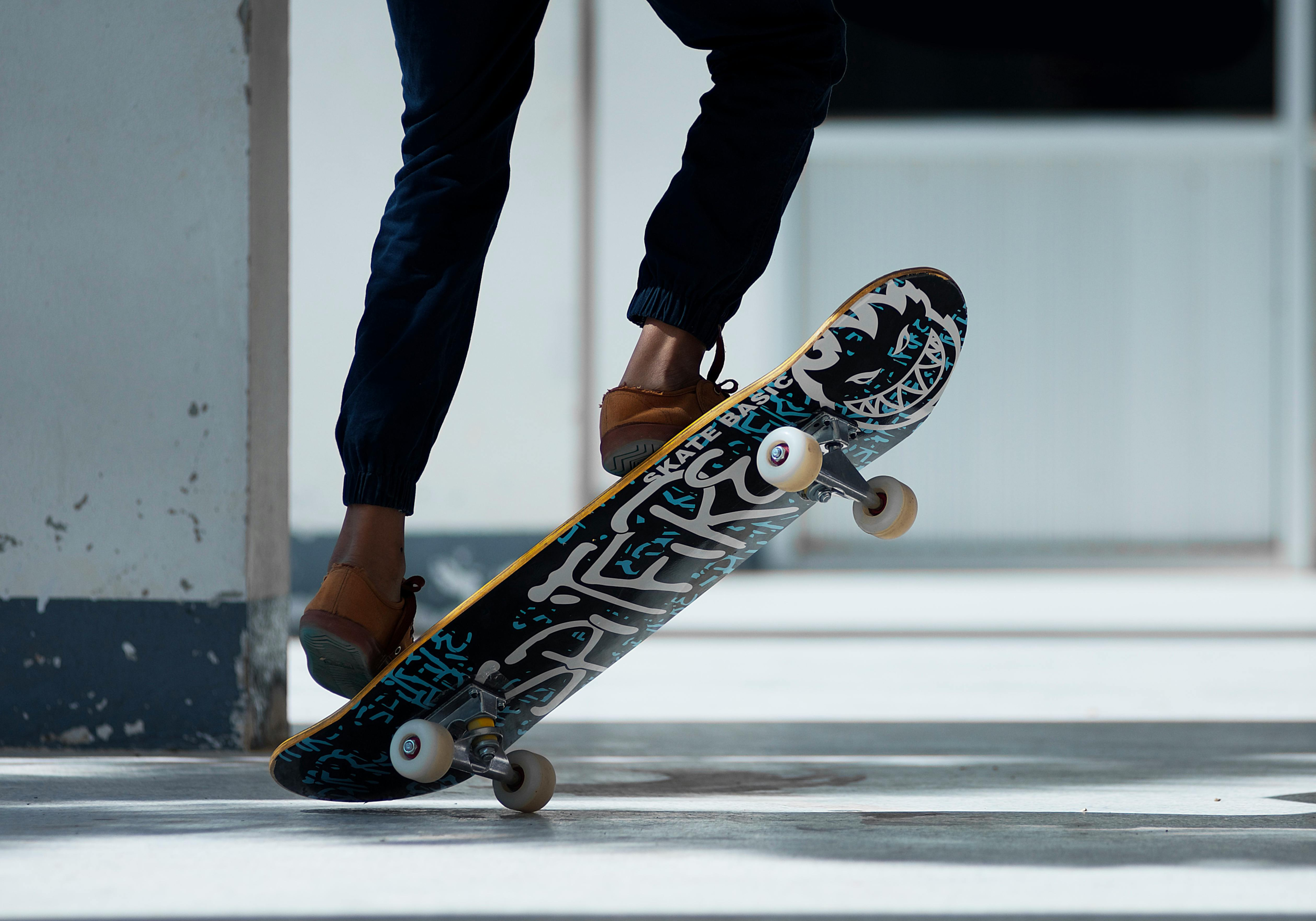
1950s: The Dawn of Street Skating
The 1950s marked the emergence of skateboarding as a distinct recreational activity, inspired by the surfing culture prevalent in California. Surfing enthusiasts adapted wooden boards and roller skate wheels to navigate the streets during lulls in wave activity, giving birth to the concept of sidewalk surfing. This era saw the first inklings of organized skateboarding, as makeshift ramps and impromptu competitions began to spring up in suburban neighborhoods.
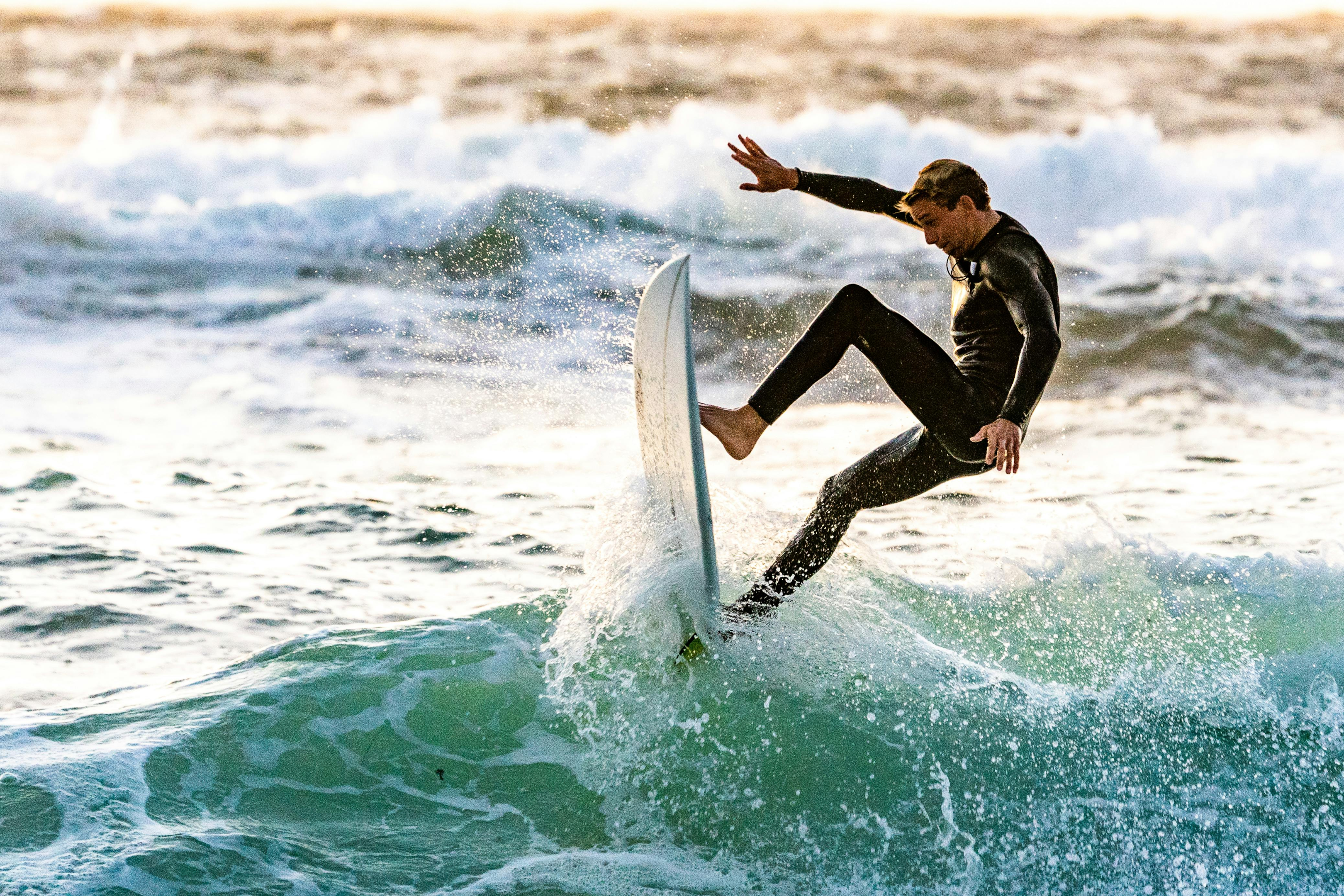
1960s: A Decade of Transformation
The 1960s witnessed significant advancements in skateboard design and culture, as the sport transitioned from a pastime to a burgeoning subculture. Innovations such as clay wheels and improved truck technology revolutionized skateboard performance, enabling riders to push the boundaries of what was possible on four wheels. Skateboarding's popularity surged during this era, fueled by the proliferation of skateparks and the emergence of influential figures like Larry Stevenson, who played a pivotal role in promoting the sport through media and marketing.
1970s: From Subculture to Mainstream
The 1970s marked a period of both growth and turmoil for skateboarding, as the sport faced backlash from mainstream society while simultaneously gaining traction among youth counter-culture movements. Skateboarding's rebellious ethos and anti-establishment attitude resonated with disaffected youth, leading to a surge in participation and creativity within the community. This era saw the rise of iconic skateboard brands and the development of new disciplines such as freestyle and vertical skating, laying the groundwork for skateboarding's eventual ascent to the mainstream.
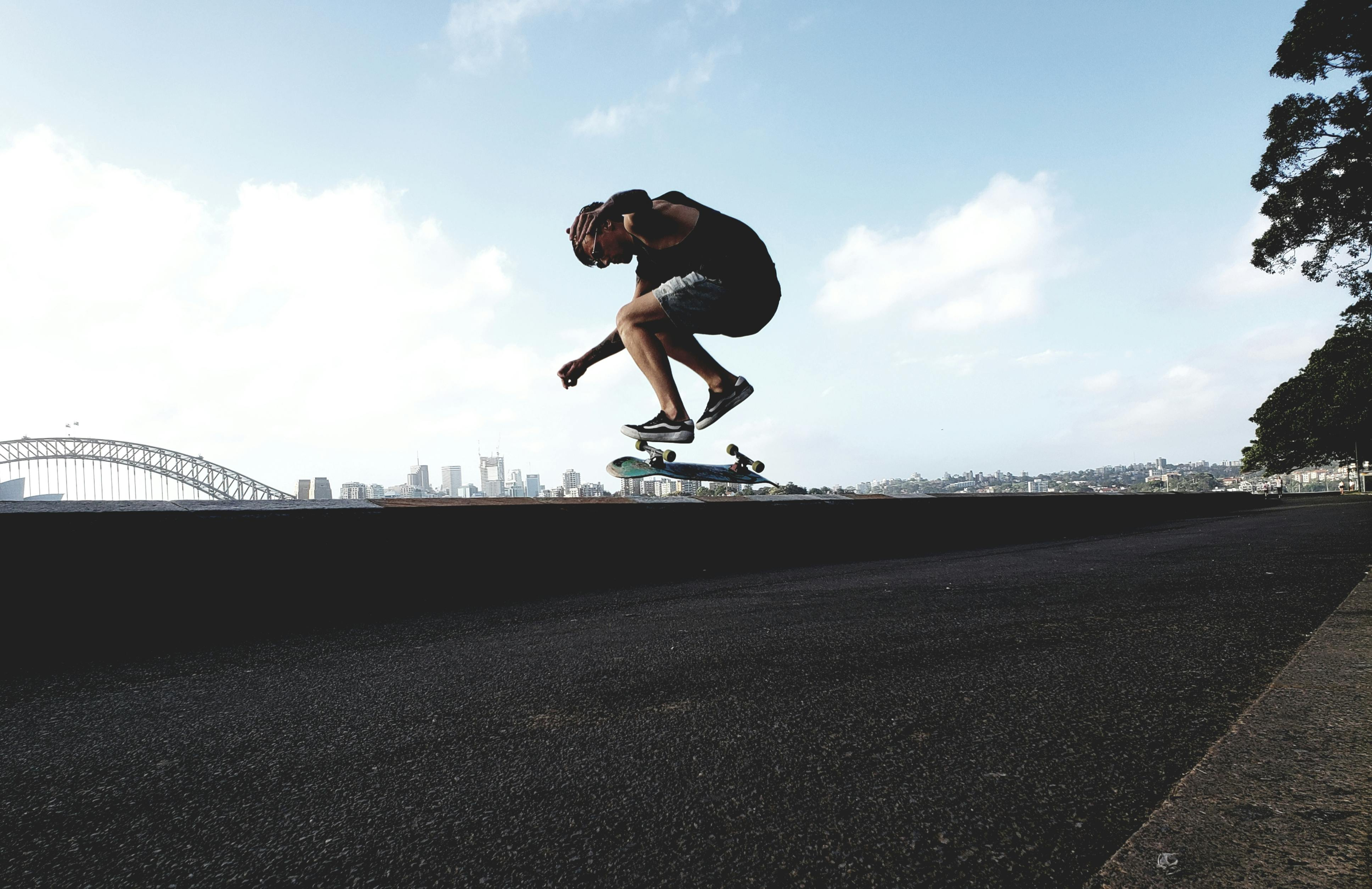
1980s: The Golden Age of Skateboarding
The 1980s witnessed a golden age for skateboarding, characterized by unprecedented growth and commercialization. Skateboarding transcended its underground roots to become a global phenomenon, fueled by the popularity of skateboarding videos, magazines, and competitions. Innovations in ramp design and trick progression pushed the boundaries of what was possible on a skateboard, while legendary figures like Tony Hawk and Rodney Mullen rose to prominence, inspiring a new generation of skateboarders around the world.
1990s: Pushing Boundaries and Going Global
The 1990s saw skateboarding continue to evolve and diversify, with the introduction of street skating and the proliferation of skateboarding culture into new territories around the globe. Skateboarding's influence extended beyond the skatepark and into mainstream fashion, music, and art, as the sport became synonymous with youth rebellion and creativity. This era also saw the establishment of professional skateboarding circuits and the birth of iconic skateboard companies and brands, solidifying skateboarding's status as a legitimate athletic pursuit and cultural movement.
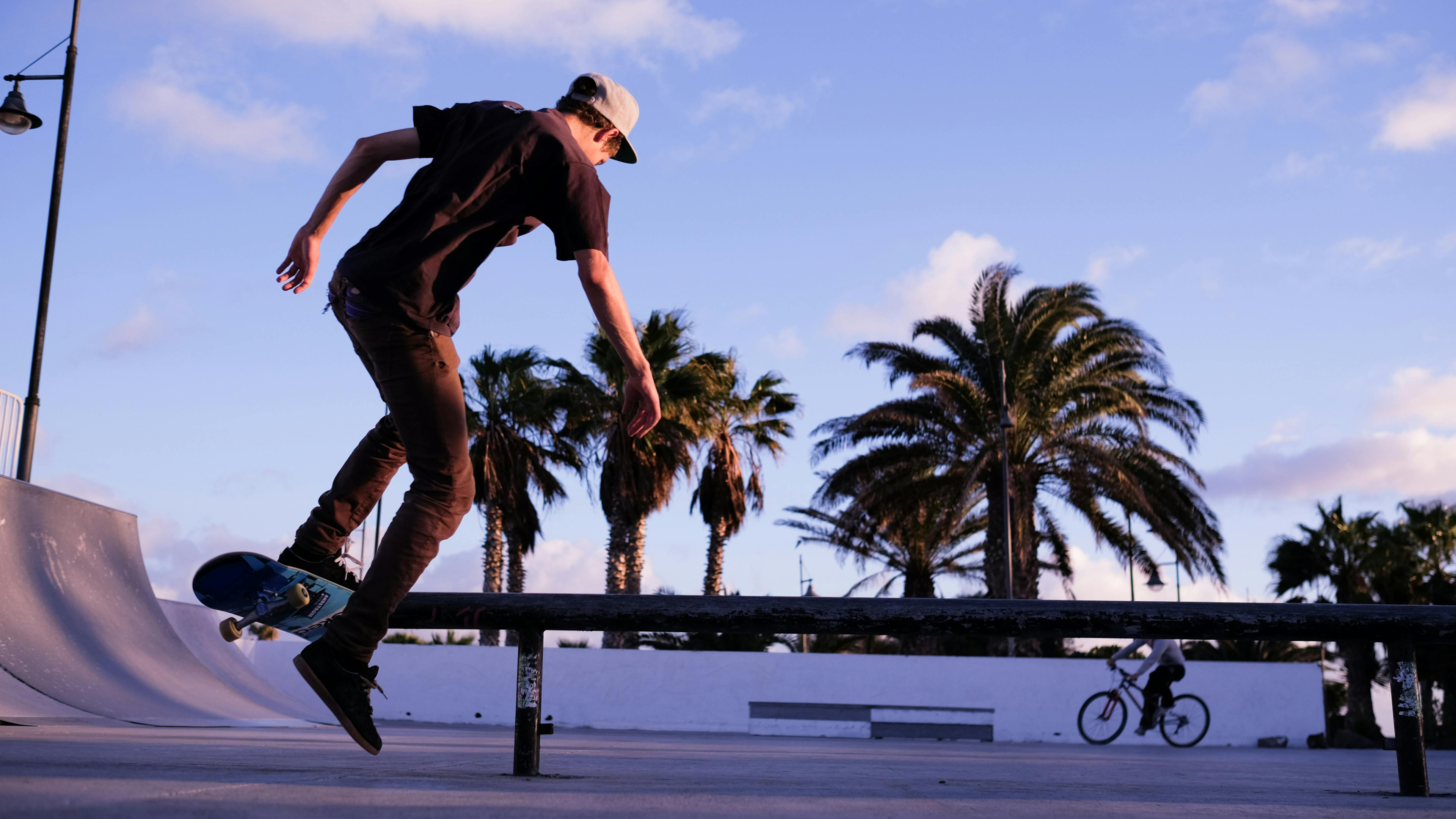
2000s: Skateboarding in the Digital Age
The 2000s ushered in a new era of skateboarding, characterized by the proliferation of digital media and the internet's transformative impact on the sport. Skateboarding videos and online communities flourished, providing a platform for skateboarders to share their creativity and connect with like-minded individuals around the world. Skateboarding's global reach expanded exponentially, as enthusiasts from diverse backgrounds embraced the sport and contributed to its ever-evolving culture. This era also saw the emergence of skateboarding as a legitimate career path, with top athletes earning lucrative sponsorship deals and competing on the world stage in events like the X Games and Street League Skateboarding.
2010s: Skateboarding Goes Olympic
The 2010s marked a historic milestone for skateboarding, as the sport was officially recognized by the International Olympic Committee and included in the Olympic Games for the first time. This momentous occasion represented a major turning point for skateboarding, elevating its profile to unprecedented heights and exposing it to a global audience on the world's biggest stage. Skateboarding's inclusion in the Olympics sparked debate within the skateboarding community, with some embracing the opportunity to showcase the sport's athleticism and diversity, while others expressed concerns about its commercialization and impact on core values. Despite these controversies, skateboarding's Olympic debut represented a validation of its cultural significance and a testament to its enduring appeal across generations.
Key Figures and Milestones
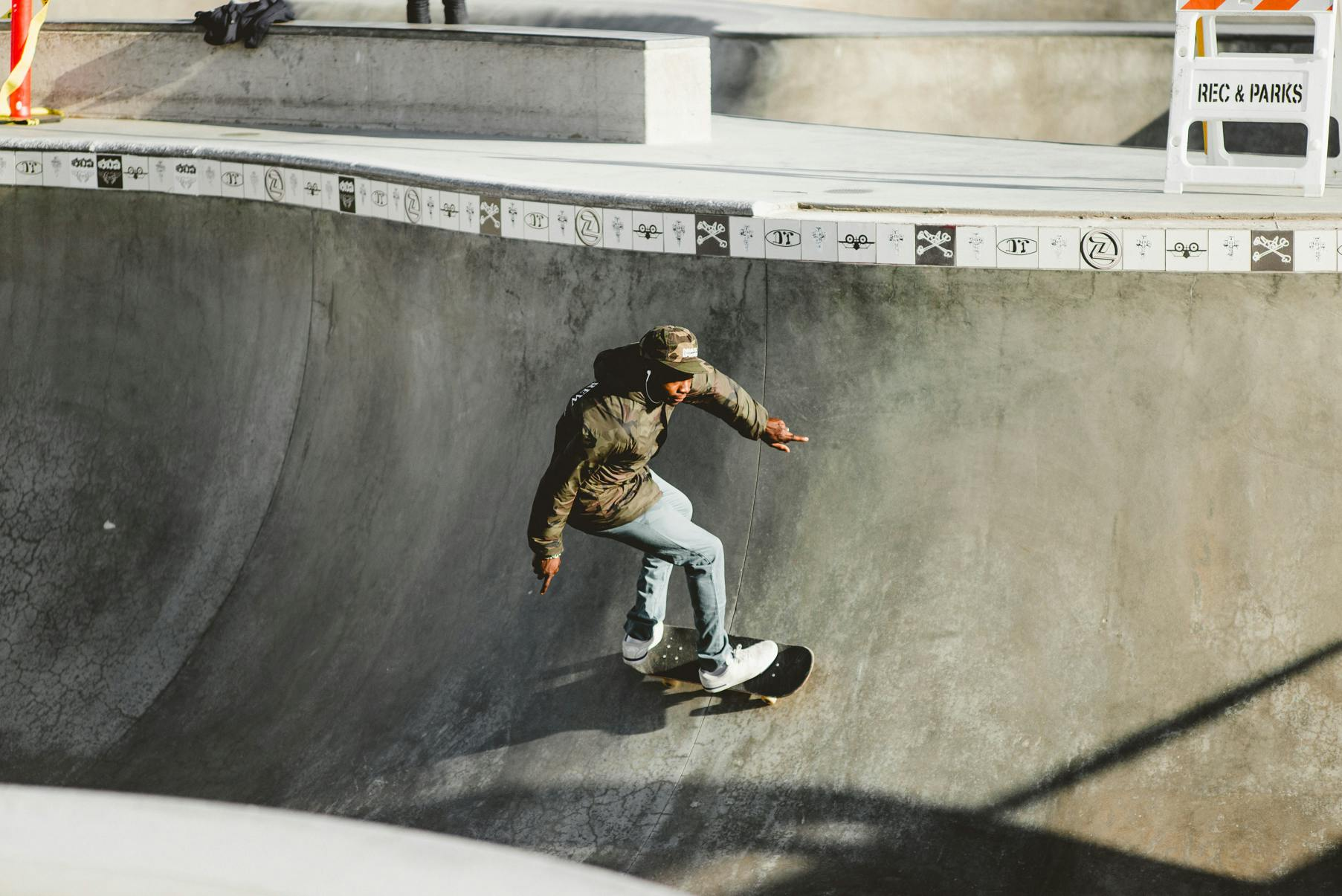
Iconic Moments and Influential Personalities
Skateboarding boasts a pantheon of legendary figures whose contributions have shaped the sport's history and culture. Here are a few standout skateboarders whose influence reverberates through the skateboarding community:
Tony Hawk
Arguably the most recognizable name in skateboarding history, Tony Hawk is widely regarded as one of the sport's greatest pioneers. Known for his unmatched skill and aerial prowess, Hawk revolutionized vert skating with his signature trick, the "900," becoming the first skater to land the elusive maneuver at the 1999 X Games. Beyond his competitive success, Hawk's video game franchise, "Tony Hawk's Pro Skater," introduced skateboarding to a global audience and solidified his status as an icon both on and off the board.
Rodney Mullen
Considered the godfather of street skating, Rodney Mullen is credited with inventing many of the foundational tricks that form the basis of modern skateboarding. From the ollie to the kickflip, Mullen's innovative approach to skateboarding redefined what was possible on the streets and inspired generations of skateboarders to push the boundaries of their own creativity. With a career spanning decades, Mullen remains a revered figure in the skateboarding community and continues to influence the evolution of the sport through his groundbreaking contributions.
Nyjah Huston
A prodigious talent from a young age, Nyjah Huston has emerged as one of the most dominant figures in modern skateboarding. With an unparalleled combination of technical skill and competitive drive, Huston has amassed an impressive list of contest victories and accolades, including multiple X Games gold medals and Street League Skateboarding titles. Renowned for his precision and consistency on difficult terrain, Huston's dynamic style and fearless approach to skateboarding have solidified his reputation as one of the sport's premier athletes.
Leticia Bufoni
Leticia Bufoni has blazed a trail for women in skateboarding, breaking barriers and shattering stereotypes in professional sport with her fearless approach and undeniable talent. As one of the most accomplished female skateboarders in history, Bufoni has earned numerous contest wins and accolades, including X Games gold medals and World Skateboarding Championships titles. A global ambassador for the sport, Bufoni's charisma and competitive spirit have helped elevate women's skateboarding to new heights, inspiring a new generation of female athletes to pursue their passion and carve out their own path in skateboarding.
Skateboarding Today and Tomorrow
The Contemporary Skateboarding Scene
In the present day, skateboarding continues to thrive as a vibrant and dynamic subculture, encompassing a diverse array of styles, disciplines, and communities. From bustling urban skateparks to DIY spots tucked away in forgotten corners of the city, skateboarding remains a ubiquitous presence in the modern landscape, offering a creative outlet and sense of belonging to millions of enthusiasts worldwide. Social media platforms like Instagram and YouTube have democratized skateboarding, allowing aspiring riders to share their new tricks, and experiences with a global audience, while also providing established pros with new avenues to connect with fans and promote their brands. Despite facing challenges such as gentrification, corporate co-optation, and regulatory crackdowns, skateboarding continues to evolve and adapt, driven by the passion and resilience of its dedicated community.
Future Trends and Innovations
Looking ahead, the future of skateboarding holds both exciting possibilities and unforeseen challenges. As technology advances and cultural shifts reshape the landscape of action sports, skateboarding stands poised to embrace new innovations and opportunities for growth. From the development of eco-friendly skatepark designs to the integration of augmented reality experiences into skateboarding culture, the possibilities for innovation are endless. Additionally, the ongoing globalization of skateboarding presents opportunities for cross-cultural exchange and collaboration, as riders from different backgrounds come together to push the boundaries of what's possible on a skateboard. As skateboarding continues to evolve and adapt to changing times, one thing remains certain: its enduring spirit of creativity, community, and freedom will continue to inspire generations of skateboarders for years to come.
Where Does Skateboarding Go From Here?
Skateboarding's journey from its humble beginnings to its current status as a global cultural phenomenon is a testament to the sport's enduring spirit of creativity, resilience, and camaraderie. Over the decades, skateboarding has evolved from a simple pastime into a thriving subculture with its own language, traditions, and heroes. From the pioneering efforts of early skateboarders to the groundbreaking innovations of modern-day athletes, the history of skateboarding is a story of passion, perseverance, and progression. As we reflect on the key milestones, influential figures, and defining moments that have shaped skateboarding's trajectory, it becomes clear that the sport's impact extends far beyond the confines of the skatepark. Skateboarding is more than just a sport—it's a way of life, a form of self-expression, and a community united by a shared love of riding on four wheels.




































